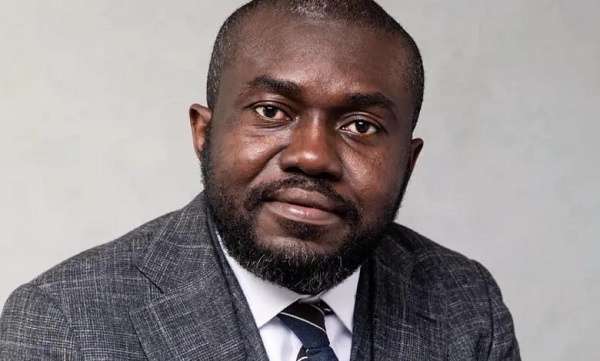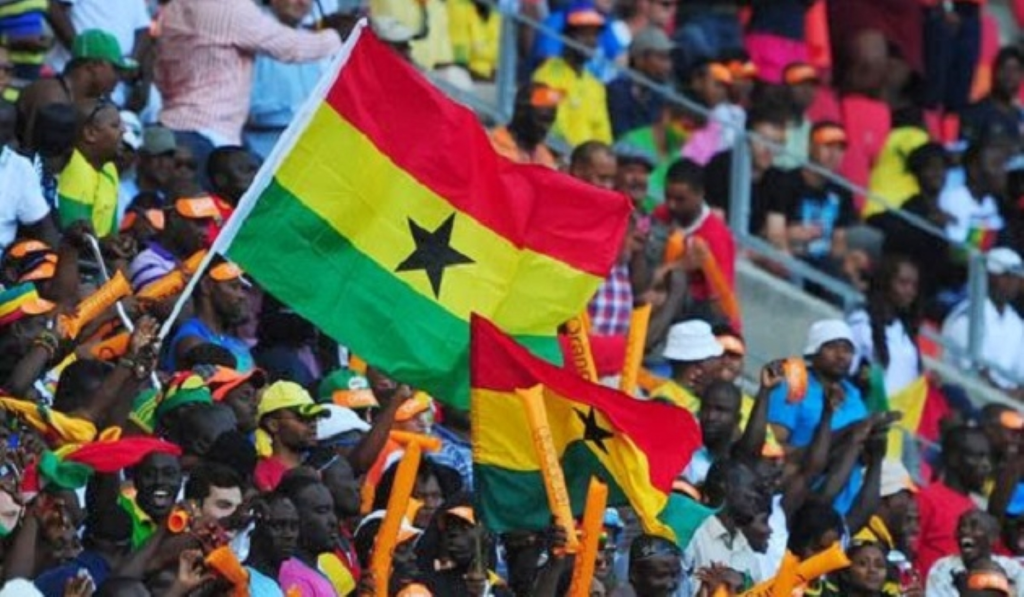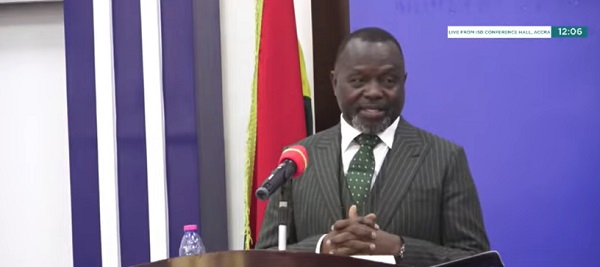In Ghana politics today, political activist and lawyer Oliver Barker-Vormawor has raised concerns about what he described as the transactional nature of political party support in the country.
According to him, both major parties—the National Democratic Congress (NDC) and the New Patriotic Party (NPP)—are undermined by followers who treat political engagement as a personal business rather than a civic duty.
Barker-Vormawor believes that this trend is damaging Ghana’s political landscape. He argued that many supporters align themselves with parties not from genuine loyalty, but rather in pursuit of personal gain, including jobs, contracts, and appointments.
In his view, this self-serving mindset leads to unreasonable and blind support, preventing meaningful governance reforms. He described this as support driven by the “stomach,” rather than national interest.
“Give me a job. Give me an appointment. Give me a contract. Give me money. It’s always a selfish interest. Selfishness induced support is fanatic and unreasonable.
“True support for a Government is to push it to do better. Imagine if each group of NDC supporters picked up their manifesto and campaign promises; then decided to push the Government constantly to do better on those.”
Oliver Barker-Vormawor
Drawing parallels between the ruling and opposition parties, Barker-Vormawor contended that what plagued the NPP in previous years is now damaging the NDC.
He explained that people who claim to love their party often fail to hold it accountable, and instead, their inaction contributes directly to its failure. For him, loyalty should not mean blind allegiance but an ongoing demand for progress and improvement.
According to the political activist, genuine political commitment is demonstrated through continuous constructive engagement, not through acts of favoritism or personal gain.

He emphasized that true loyalty involves actively challenging leadership to deliver on promises, rather than blindly supporting them for selfish benefits.
Barker-Vormawor stressed that his own approach to Ghana politics centers around holding governments accountable on specific issues.
He highlighted three personal priorities: addressing corruption through the government’s Operation Recover All Loot (ORAL) initiative, fighting illegal mining (galamsey), and reforming Ghana’s justice sector.
According to him, pressing the government to act on these challenges is his contribution to building a successful nation.
Civic Pressure, Not Favors, Key To Progress in Ghana Politics
Oliver Barker-Vormawor also emphasized that both of Ghana’s major political parties deserve success for the benefit of the nation, regardless of which one holds power.
However, he expressed concern that many individuals who identify as supporters primarily focus on seeking personal favors from government officials, prioritizing their own gain over national progress.
Accordingly, Barker-Vormawor delivered a strong challenge to party supporters, urging them to shift their focus from campaign activities to sustained civic pressure.

“A successful Government is a successful Ghana. But then there is you. Calling yourself an NDC supporter, [and] all you do is call appointees for money and appointments. Yet you call yourself patriotic.
“The time for wearing campaign T Shirts is over! Now is your chance to make your party the best in Ghana’s history. Press its neck!”
Oliver Barker-Vormawor
According to him, this is the time for supporters to work toward making their party a legacy of good governance, rather than settling for short-term rewards.
He argued that Ghanaians should stop waiting for the government to create solutions and instead take individual and collective actions toward national improvement.
Barker-Vormawor referenced the well-known call to service, paraphrasing: “Ask not what your country can do for you. Ask what you can do for your country.”
To him, the emphasis should not merely be on asking or waiting for opportunities, but on actively contributing toward positive change.
His broader message touches on civic responsibility, patriotism, and the role of citizen pressure in governance.

Rather than seeing political parties as avenues for personal benefit, Barker-Vormawor wants Ghanaians to view them as vehicles for national development, driven by accountability and community-driven oversight.
He concluded that political success in Ghana politics should not be measured solely by election victories or loyalty displays.
Instead, success should be judged by how effectively governments are pressed to deliver on campaign promises and how well citizens participate in ensuring national progress.
For him, a successful government translates into a successful Ghana—a goal that transcends party lines and personal interests.
Barker-Vormawor’s intervention arrives at a critical moment in Ghana’s democratic journey, where political polarization often drowns out policy discussions. His call is essentially for a shift in mindset: from transactional loyalty to transformational activism.
READ ALSO: US To Withdraw From UNESCO Again




















